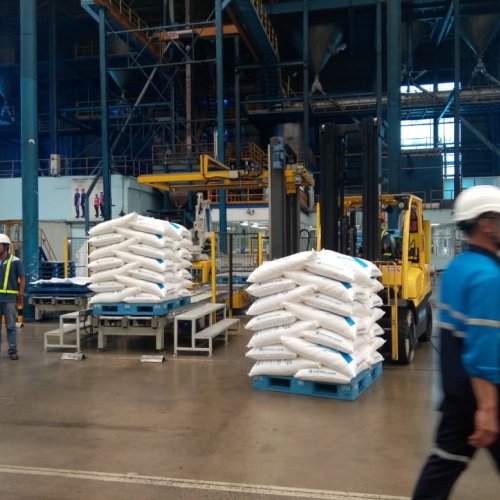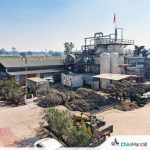Lahore: The government has mandated that sugar millers maintain the sugar price at Rs140 per kilogram to obtain export permissions, following advocacy by parliamentary and Economic Advisory Council (EAC) representatives, officials reported.
This directive arises amidst millers’ claims that Rs40 billion in payments to growers are overdue, with 40 sugar mills at risk of default without export authorization. However, officials contend that this claim seems inaccurate, noting that millers have already disbursed Rs484 billion out of Rs497 billion from the last crushing season.
Punjab, the largest sugar producer, accounts for nearly 60 per cent of the country’s sugar, with Sindh producing 35 per cent and KP just 5 per cent. Additionally, 22 out of 41 sugar mills in Punjab have fully paid growers. Sugar prices have remained stable, with a slight increase of Rs10-12 per kilogram since the sugarcane crushing season commenced on November 25, 2023.
Officials expressed concerns that maintaining the sugar price at Rs140 per kilogram year-round would be unfeasible if exports were permitted. An industry official highlighted that Afghan traders are offering USD600 per tonne for Pakistani sugar. With an exchange rate of 278/USD, the untaxed sugar price reaches Rs166.80 per kilogram. Including taxes, the price would be Rs196.82 per kilogram, potentially pushing local market prices beyond Rs200 per kilogram within a week.
The official also disputed the government’s claim of an exportable surplus of 1.5 million tonnes, estimating the actual surplus to be between 250,000 to 300,000 tonnes by the next crushing season. The official suggested that surplus sugar stock export decisions should align with the start of the next crushing season and extend until February to avoid past export-related chaos.
Contrary to claims of 40 sugar mills facing default, the industry has seen substantial growth, with most mills expanding their crushing capacities two to three times, and new mills being established without defaults. In Punjab, over 97 per cent of payments to growers have been completed, with fewer than 20 mills yet to finish payments. Most of these mills have also paid over 90 per cent of dues. In Sindh, payment issues are rarely reported, with payments typically made promptly due to high recovery levels. Payment issues have predominantly arisen in Punjab.
The industry official criticized those who overpaid for sugarcane to maintain production capacities, arguing that they must now face the consequences of their decisions. He accused them of seeking windfall profits through export permissions, which could significantly inflate local sugar prices.
A sugar production cost study by NUST estimated the average production cost in Punjab at Rs87.32 per kilogram and Rs90.07 in Sindh. The ex-mill price, including taxes and a 15 per cent profit margin, was estimated at Rs116.14 and Rs119.79, respectively. The report noted that sugar mills often manipulate costs through various means, such as sucrose recovery rates, sugarcane prices, finance costs, by-product revenues, and sales tax calculations.












